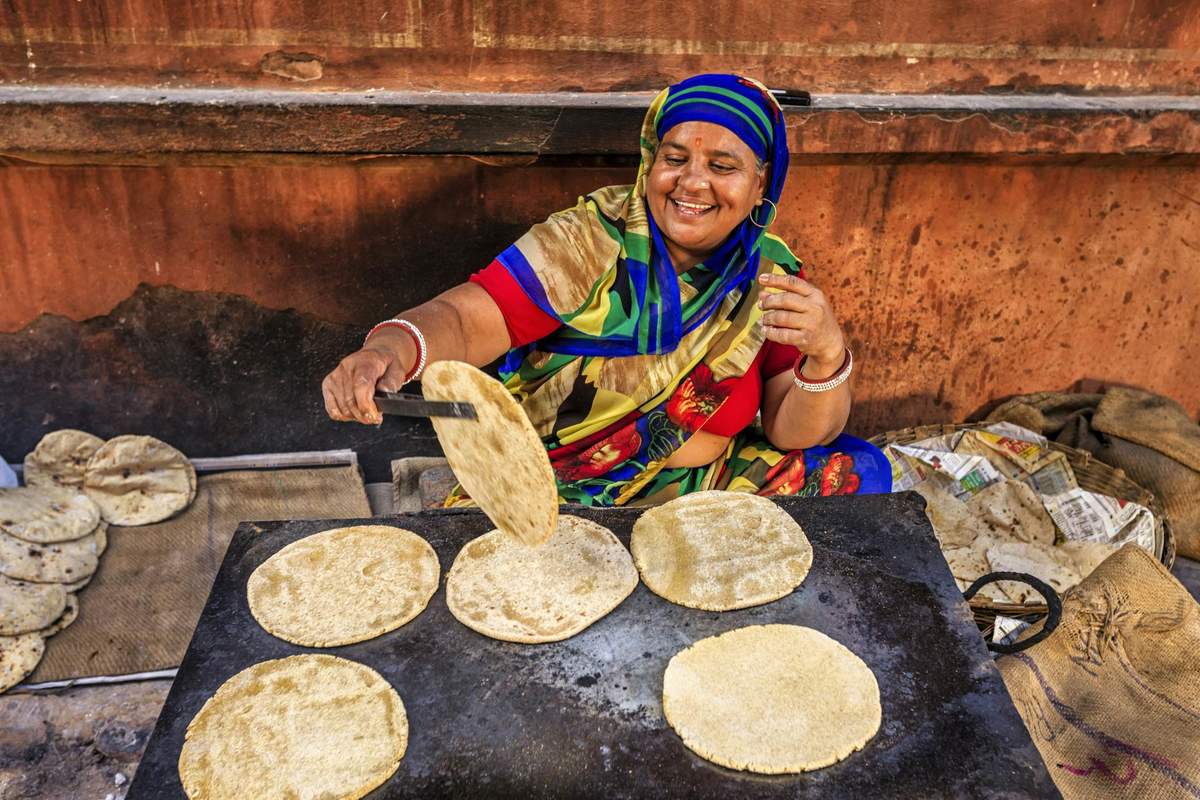
Month & dates shown on a printed calendar ©Brian A Jackson/Shutterstock.com
A pioneer publishing and printing company established way back in 1916, the 2020 calendar from the house of The Bangalore Press marked its 100th year of uninterrupted publication.
As each calendar year draws to a close, it heralds the advent of many things new; whether celebrations, resolutions or just new beginnings. Almost ritualistically, in most households even today, the purchase of a new calendar is a mark up to the new year. Something that is bought religiously as early as the second or third week of December, the new calendar is, of course, a source of excitement with members of the family eagerly looking up the impending holidays, birthdays and festivals, before it is hung up on the same nail and carefully stowed away behind the current calendar till it is 01-Jan!

And if you are resident of any city in Karnataka, it is highly likely that the calendar is the trademark red, black and white one with “The Bangalore Press” written in bold atop each page. An intrinsic part of most homes in the state, it is a common sight to see these calendars adorn storefronts as early as the last week of November.
Royal heritage and matchless legacy
The history is rather interesting and is intrinsically linked with the royal family of Mysore and visionaries like Sir M Visvesvaraya. It all started in the year 1914 when the then ruler of Mysore, H H Nalwadi Krishnaraja Wadiyar got his son’s wedding invite printed in London. This was indeed very expensive and it was then that the enterprising Sir M Visvesvaraya made an observation that an entire printing press could be set up at the same cost in the state of Mysore.

A meeting with the London Royal company resulted in the machinery getting imported but the venture was not very successful in the beginning as it did not receive support from the ruling British government. But Mr Visvesvaraya would not give up and a managing committee of 18 eminent personalities was formed. They all pooled in funds and decided to run the press which was incorporated as “The Bangalore Printing and Publishing Company” on 5-Aug-1916 when it began printing government-related documents.
When Sir M Visvesvaraya visited the Sindh province around that time he was fascinated by a system of the calendar there that had evolved as an authentic source of information for both Government holidays as well as local holidays including festivals. He put forth this idea to the press and from then began the impeccable legacy of the Bangalore Press calendars with the first one being printed in 1921. The calendars were initially printed in English and then additionally in Kannada from the year 1936.
Time Keepers of the State
With time, the calendars from the Bangalore Press were soon recognized as the authentic source of information with regard to the Government holidays as well as local festivals. The calendar is a treasure house of information on regional temple festivals that are organized in different parts of the state apart from having information on times like “Rahukala”, “Yamagandakala” etc. A mind-boggling 18 lakh calendars are printed each year in three sizes (standard, jumbo and tabletop). Since the year 1990, the company has also come up with a unique almanac called the “Mallige Panchanga Darshini” which is not only an almanac that can be read by the ordinary but also covers comprehensive information on matters of cultural importance as well festivals and their significance.

The company also manufactures close to a whopping 100 kinds of diaries including one for doctors, mechanical engineers, lawyers etc and ones with themes like the Vishnu Sahasranama and Bhagwad Gita. It is interesting to note that the dairies of the 1920s and 1930s had vital information like the important hotels in Bangalore including their tariffs as well the jatka (horse-drawn cart) fares from the city centre to the various parts!
Keeping up with the times

The calendar has evolved continuously according to the needs of the changing times. Apartment culture in the 1980s gave rise to the tabletop calendar while the digital age has resulted in the e-calendar. “Today the Bangalore Press calendar can be downloaded on mobiles and set up to be in sync with your Google calendar. All information related to our traditions and celebrations is available to the younger generation just a click away. This way they are in touch with our roots and are not alienated from our culture” signs off Ananth H R.
You might also like:
How researcher's are protecting the king cobra
The history of Kalighat paintings
The off beaten track in South Goa
India Homepage: https://www.lonelyplanet.com/en-in
Plan with a local




